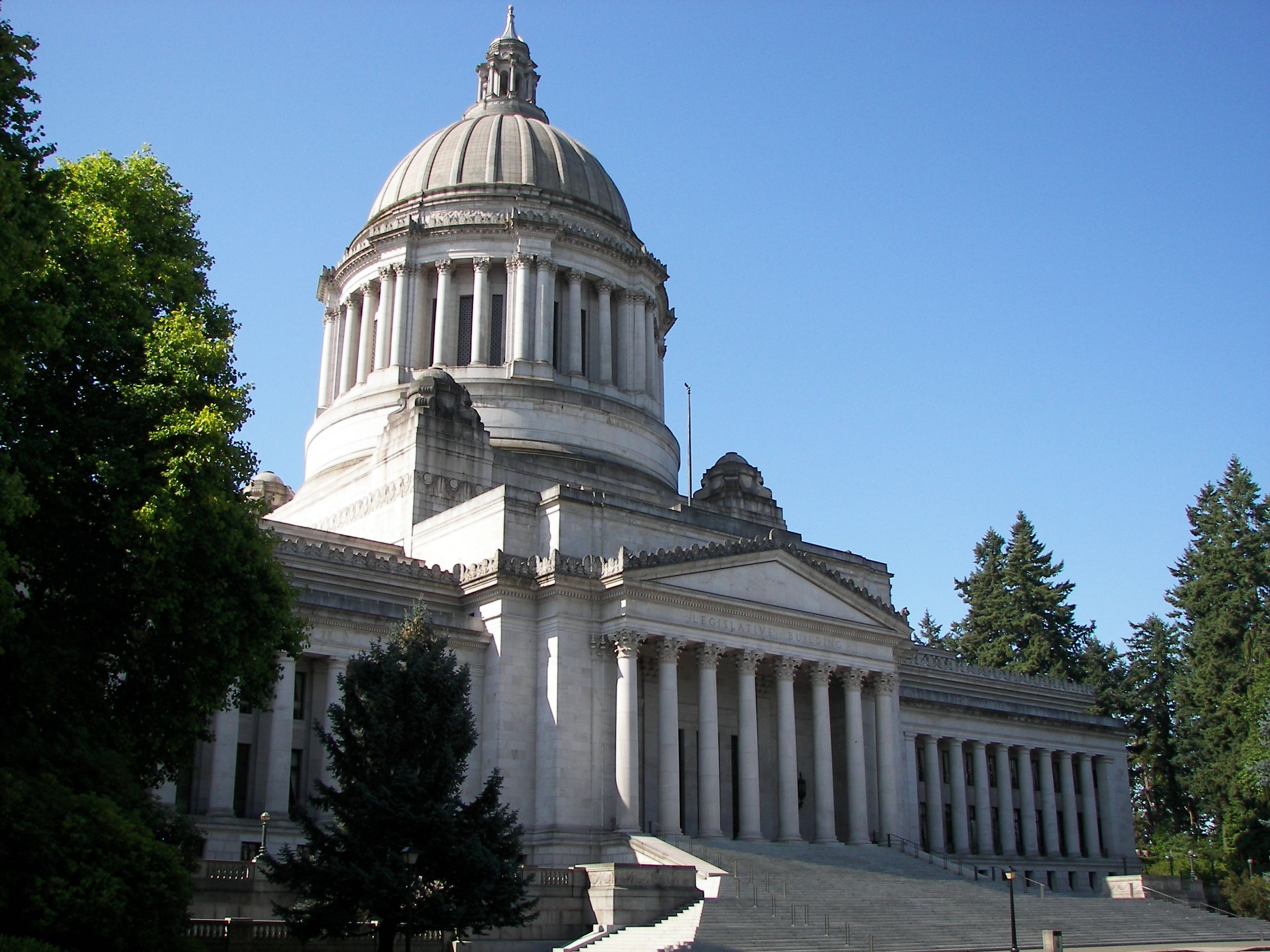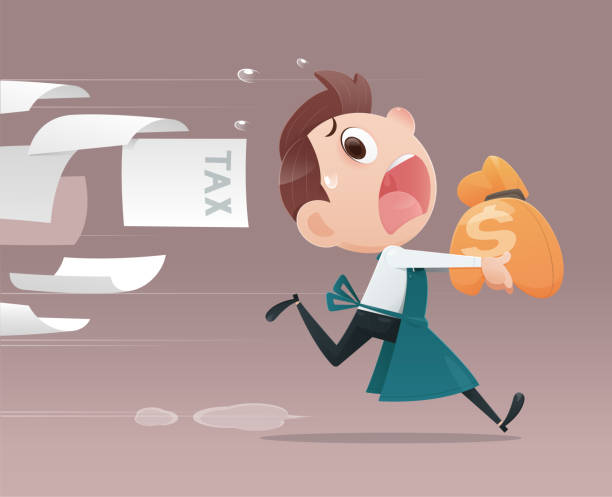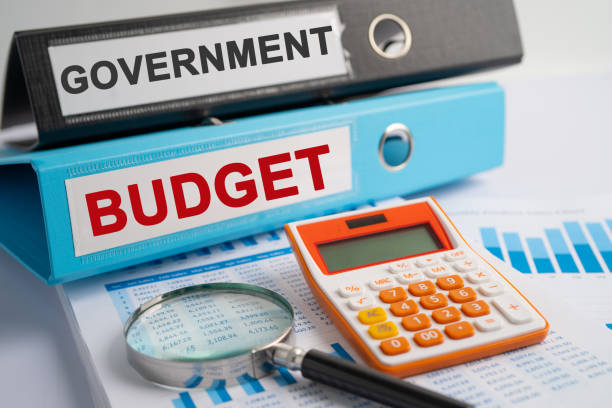The Seattle City Council plans to impose a local income tax on “high earners” by July 10. Why should you care? Because as we have constantly seen across the country, once an income tax is in place it rarely stays targeted “on the rich.”
First things first, Seattle’s income tax proposal is clearly illegal and unconstitutional. Just ask former state supreme Court Chief justice Alexander and former state Attorney General McKenna, who wrote in The Seattle Times: “The Legislature cannot impose a progressive or other nonuniform tax on income, either directly or indirectly. Now, Seattle City Council wants to pass an illegal income tax...by midsummer. This proposed measure ultimately will fail.”
The state constitution says that property must be taxed at a uniform rate, and the state Supreme Court has ruled repeatedly that income is property. In addition, state voters have five times rejected constitutional amendments to impose a graduated income tax, and four times they have rejected proposals to call an income tax an “excise tax.”
Despite these facts, Seattle councilmembers say they can get a court to uphold a local income tax. Perhaps they aren’t familiar with the 1951 ruling from the state Supreme Court invalidating an income tax saying: "It is no longer subject to question in this court that income is property." Or the 1984 state law that prohibits cities from taxing income.
How is that unclear?
Undaunted, Seattle councilmembers are intent on passing an income tax in hopes of being sued. They think they can get today’s state supreme court to do something statewide voters have rejected nine times – allow an income tax.
Why does it matter if Seattle’s proposed income tax somehow is found legal? 1) The only way Seattle can have a city income tax is for one to be allowed across the state; and 2) Though always sold as a targeted tax on the rich, income tax rates inevitably grow over time.
Don’t believe me? When enacted in 1913, the U.S. income tax started at 1%. Today the tax rates range from 10% to 39.6% (the top rate at one point reached 94%). Similar income tax rate creep has happened in states across the country (including in Oregon and California).
The Seattle City Council has already shown a willingness to hit low- and moderate-income families with a new regressive soda tax. What confidence does that leave those in Seattle that the proposed income tax rate won’t soon expand?
Aside from the real danger of rate creep, the lack of an income tax is a major advantage for Seattle and the state. Officials at the state Department of Commerce say on their Choose Washington business recruitment site: “We offer businesses some competitive advantages found in few other states. This includes no personal or corporate income tax.”
Does it really matter if we give up this non-income tax advantage? Yes, according to former Microsoft CEO Steve Ballmer, as reported by the Puget Sound Business Journal: “Washington’s lack of an income tax is one of the state’s main recruiting advantages over California. Enacting an income tax in Seattle, Ballmer said, would lead to fewer jobs.”
If Seattle leaders want an income tax they should focus on engaging the people and its legislative delegation to change current state law, instead of passing illegal local ordinances to set up costly lawsuits. Since state voters have already rejected five income tax constitutional amendments, the Seattle City Council is trying to pass an illegal income tax in hopes the state supreme court will overturn 84 years of its own case law.
One thing is certain, if Seattle opens the door to an income tax in our state, we will constantly be hearing from the tax collectors as the income tax expands to target more taxpayers and the tax rate creeps higher and higher.






